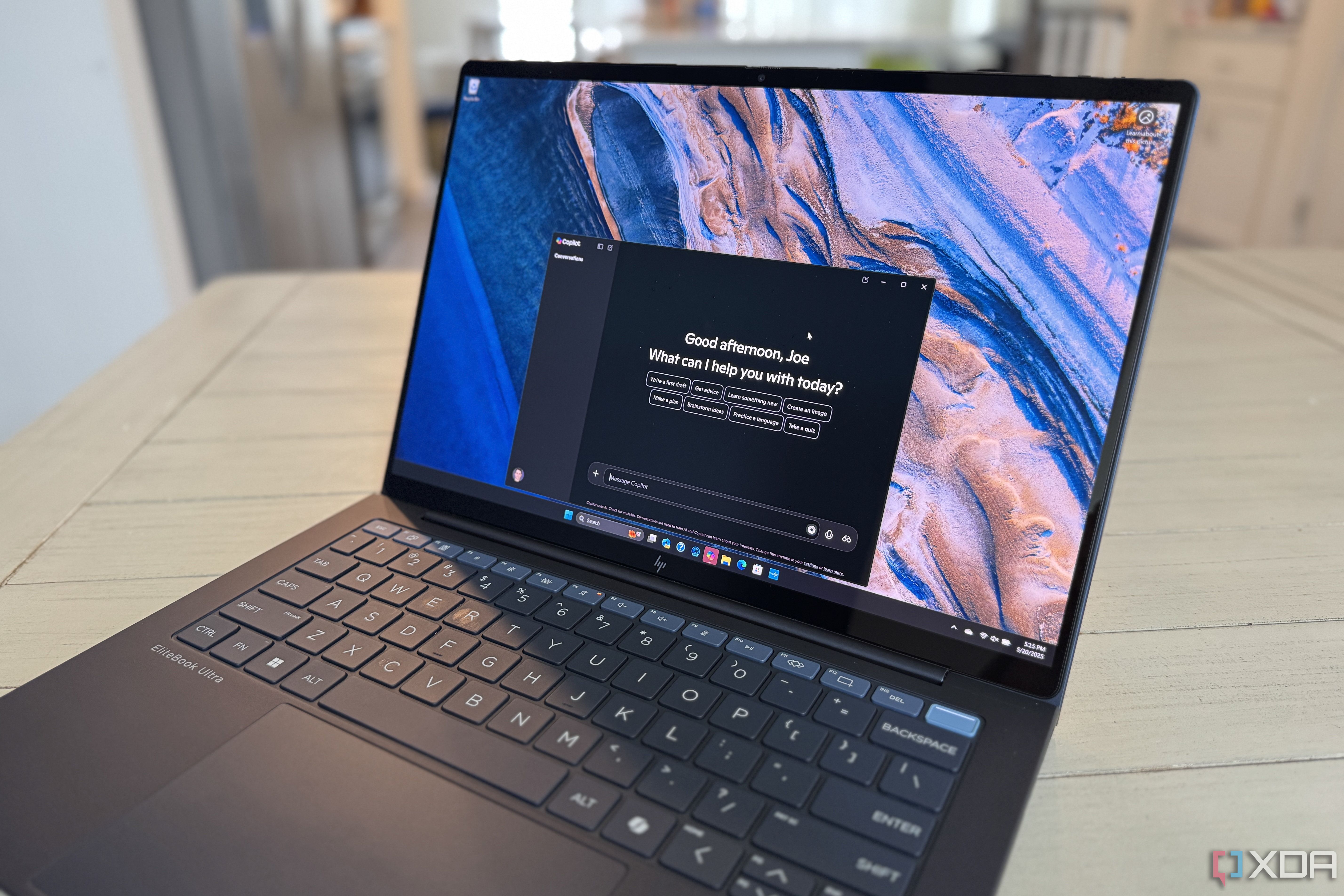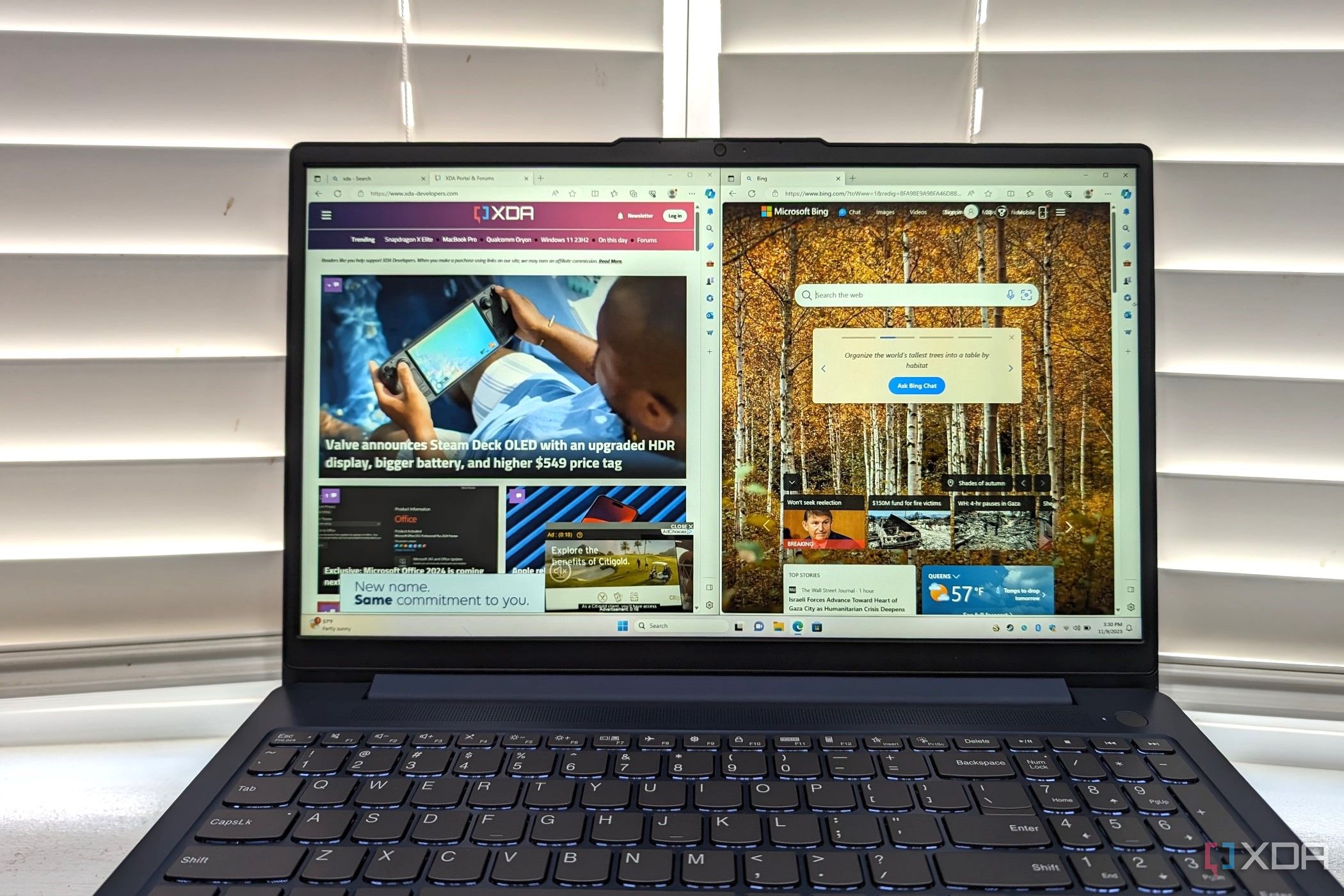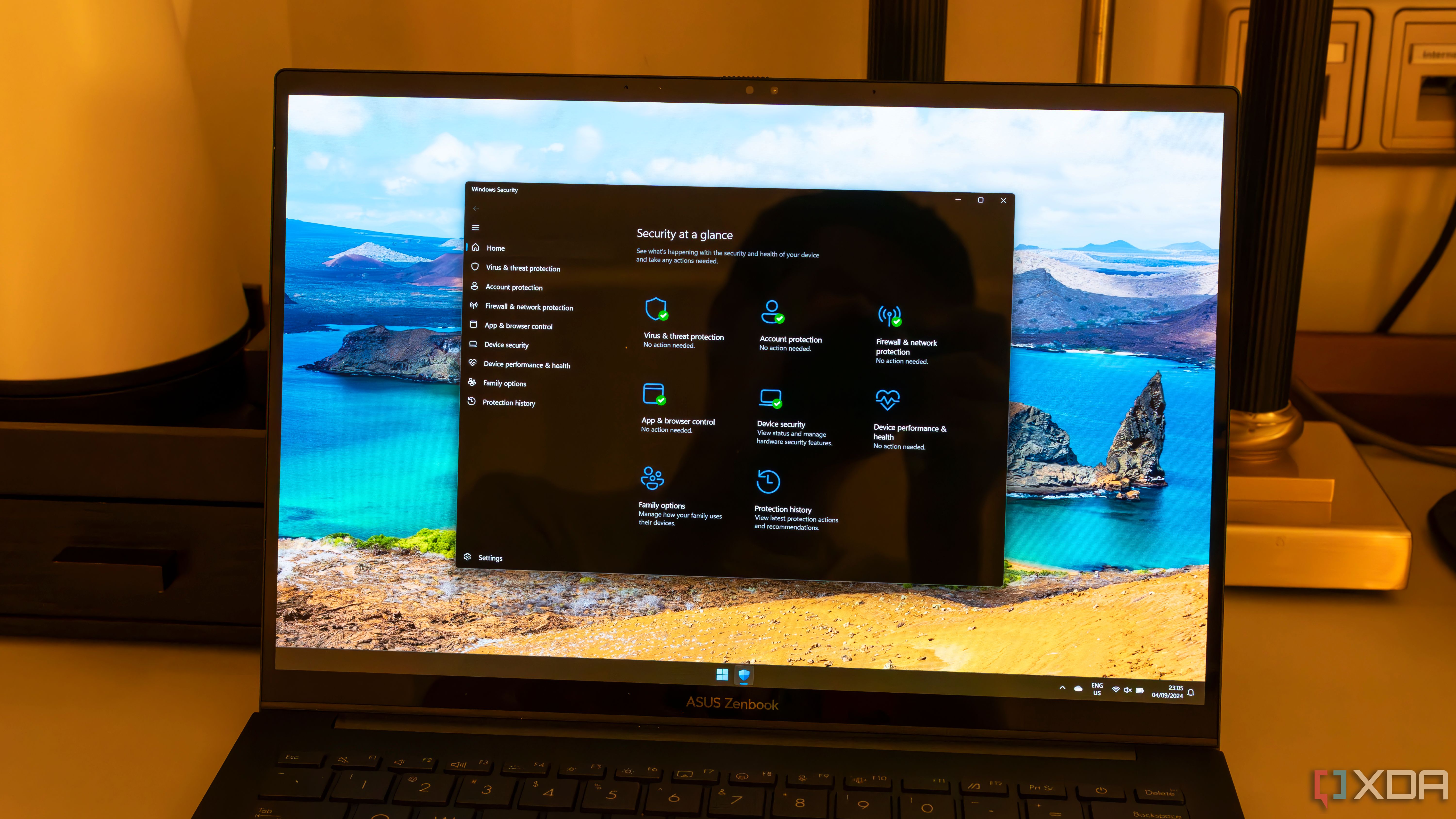We live fully digital lives. We store our confidential details in the cloud, and search for everything online. However, staying private and secure online feels like a constant battle. Companies track our every move, and data breaches occur frequently. Digital privacy is a constant concern. But you don’t have to surrender your digital life. Numerous online security tools offer on-demand protection and enhance privacy. I actively use six of these tools to safeguard my digital privacy and security. I don’t even need to install them on my system. I access them directly on the internet.
Related
Stop using these 4 Windows features if you care about privacy
Windows can be a solid OS, but you should be leary about using these features.
6 FaceCheck Keep your face safe!
Catfishing, online scams, and identity theft are real problems in the digital world. FaceCheck helps me address these issues with its AI-powered facial recognition search engine. It works as a reverse search engine specifically for faces. You upload a photo of a person, and FaceCheck scans publicly available online sources like social media, news websites, blogs, and even mugshots and sex offender registries to find matches or similar faces.
Search results display the closest matching photos first. Each search result includes a score indicating the likelihood of a match. You’ll also see the URL of the website where the picture was uploaded. To access the URLs from your search results, you’ll need to purchase credits. However, searching on FaceCheck is completely free.
FaceCheck specializes in facial searches, so I prefer using it to verify identities instead of a general Google reverse image search. It effortlessly confirms the online presence of potential business contacts or new online acquaintances.

FaceCheck
5 Webkay Stay low-key with no digital footprints 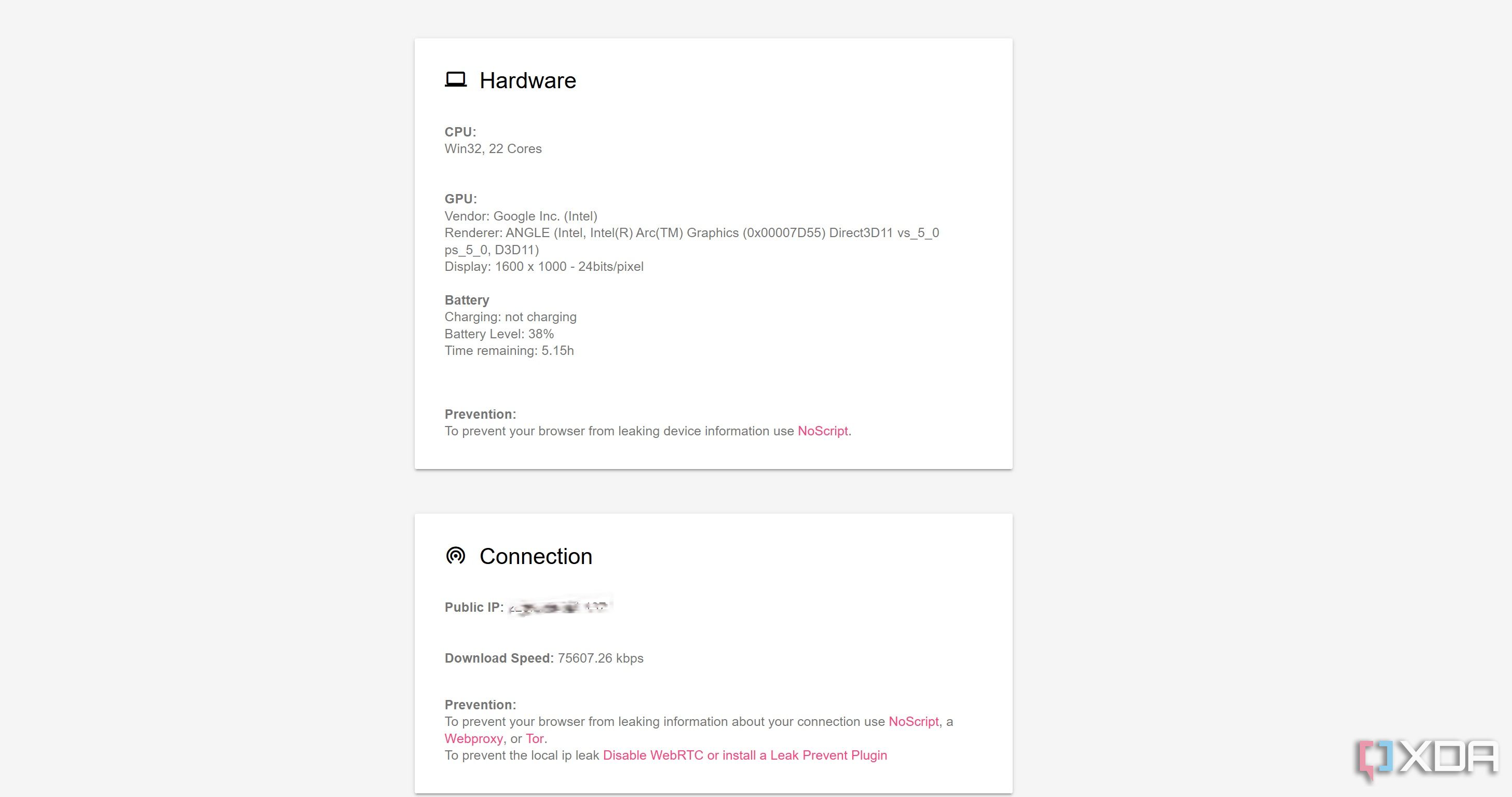
Webkay is a straightforward online tool that exposes your web browser’s digital footprints. It’s a powerful privacy awareness tool that uncovers the data websites can collect about you without your direct consent. Webkay reveals the information your browser constantly shares with every site you visit. This information includes your location, operating system, browser details (including installed plugins), hardware specifications (CPU, GPU, battery), connection speed, IP address, gyroscope data, and even your social media logins.
Webkay organizes all this information into clearly defined sections. For each piece of data revealed, Webkay provides clear, actionable steps you can take to mitigate or hide that specific information. Additionally, it also offers extra features like scanning images for metadata and exposing local network details.
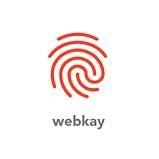
Webkay
4 DuckDuckGo Safe browser, safer browsing 
My work demands active web surfing, and keeping my online activity private and secure solves many security concerns for me. For years, Google was my go-to search engine. However, I realized that relying on Google for privacy is like asking a data miner to guard my personal diary. So, I switched from Google to DuckDuckGo for privacy-focused web surfing. I even use the DuckDuckGo browser now instead of Chrome for safer browsing.
Ever since I switched to DuckDuckGo, my searches have become truly anonymous. Unlike Google, DuckDuckGo does not collect vast amounts of personal data from its users, create user profiles, or consistently show everyone the same search results for a particular search term. Its browser and extensions include robust, built-in tracker blocking that prevents hidden trackers from third-party companies from loading on websites you visit.
Since DuckDuckGo does not offer a personalized profile option, I don’t receive a personalized user experience based on my historical web surfing. Ads and search results are contextual, based solely on my current search queries, rather than considering my historical data.

DuckDuckGo
Related
10 mistakes you’re making when you’re using a browser
Even if you’ve been using the browser for years, you might have missed at least some of these browsing tips to stay safe.
3 Am I Unique? Uniqueness can be harmful! 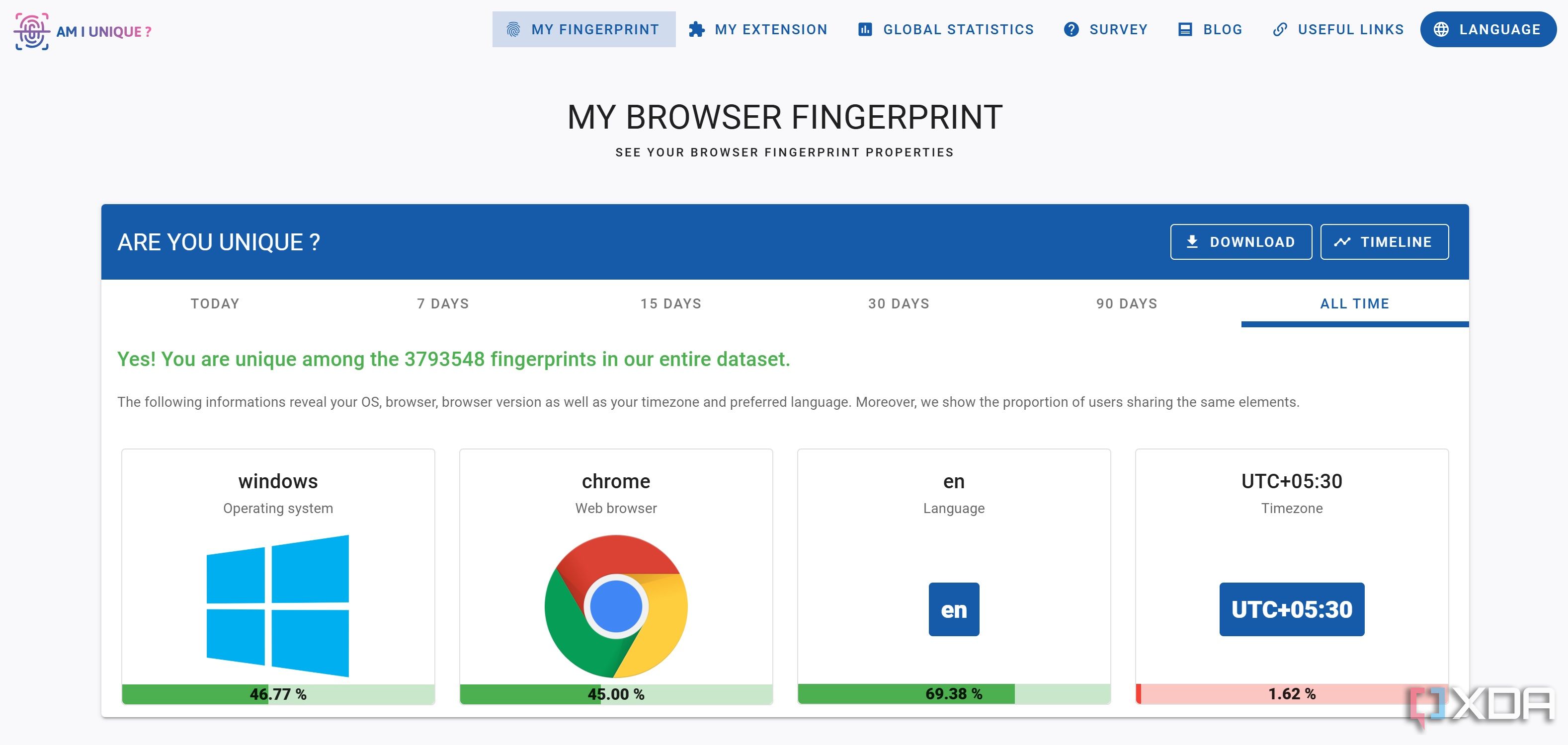
Browser fingerprinting is an advanced online tracking technique that identifies and tracks individual users through the unique configuration of their web browsers. ‘Am I Unique?’ helps you discover if your browser fingerprint is unique by scanning 52 different attributes. By revealing your browser’s unique configuration, the platform helps you understand your vulnerability to online tracking. It provides valuable insights into how easily websites identify you, even when you actively try to remain anonymous by using incognito or private browsing mode.
The platform automatically scans all attributes as soon as you click the ‘See My Fingerprint’ button. It then displays an overall uniqueness score for your browser fingerprint at the top, with individual attribute results shown below. It uses a color-coded system with green, yellow, and red colors to show uniqueness. If you see too many red attributes, consider adjusting those settings in your browser to reduce your unique fingerprint and enhance your privacy.

Am I Unique?
2 VirusTotal No need to rely on a specific antivirus 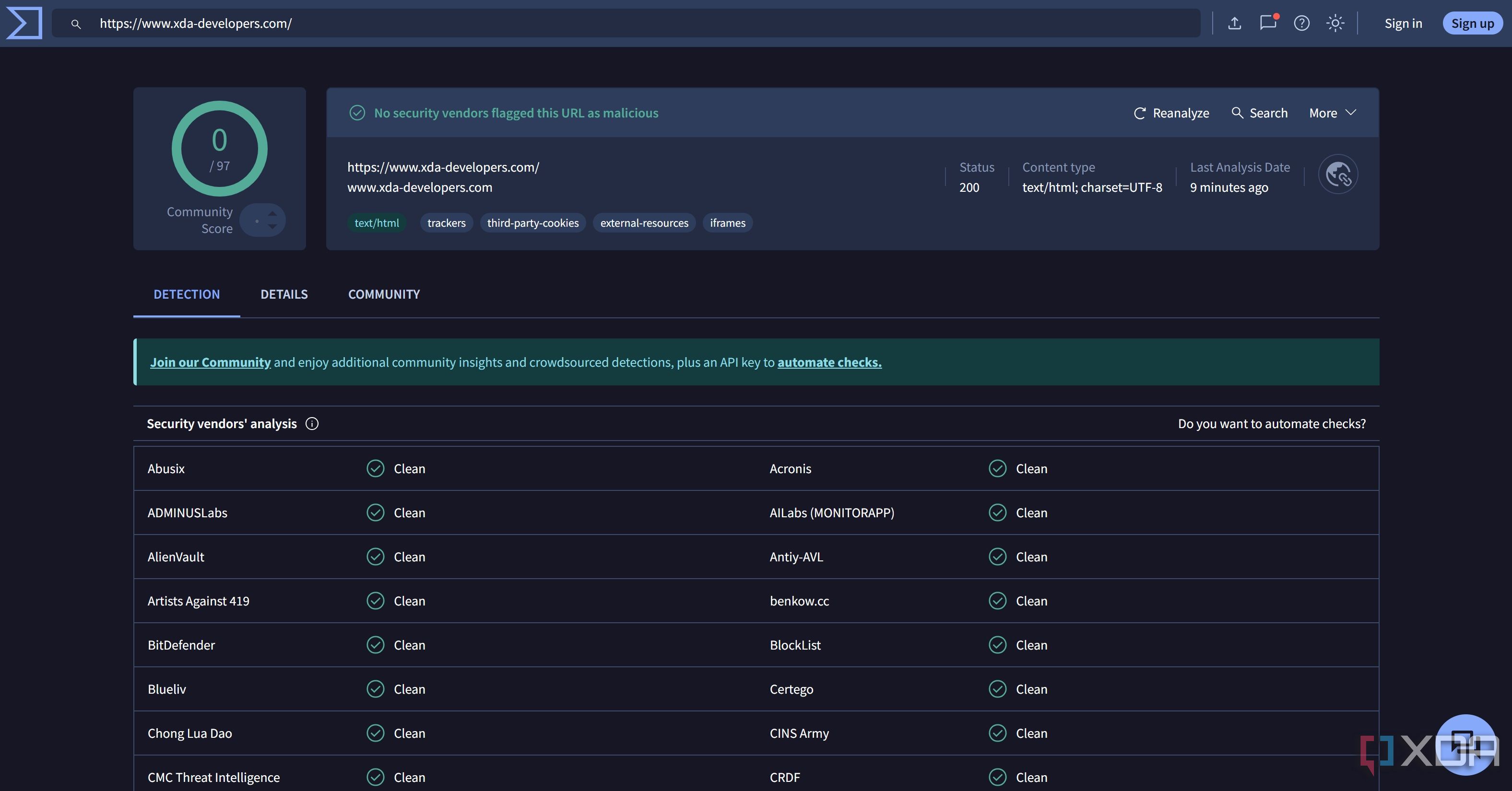
Being a blogger in the tech and software niche, I frequently download and test various digital products from unknown sources. VirusTotal is a lifesaver for me, as it helps identify the safety and authenticity of unknown URLs, files, and IPs. It is a free online service that analyzes suspicious files, URLs, domains, and IP addresses for malware and other threats. It acts as an aggregator by employing dozens of antivirus engines and website scanners to check the item you submit.
Whenever I receive a suspicious email attachment, encounter a dubious link, or download a file I’m unsure about, I immediately paste it to VirusTotal. It quickly identifies potential viruses, worms, and other malicious content, helping me prevent infections before they ever reach my system.
It also offers a community section where like-minded members can share collective opinions about security. Instead of relying on a single antivirus program, VirusTotal provides insights from many different security vendors in one place. This increases the chance of detecting a probable threat.

VirusTotal
1 Have I Been Pwned? Own your own emails and passwords!
Data breaches are extremely common nowadays, even among large publications. Companies affected by data breaches often don’t inform all impacted users about their compromised data. “Have I Been Pwned?” collects and analyzes data from major data breaches and tells you whether your email address or password has appeared in any of them.
Simply enter your email ID and click “Check.” The platform then tells you exactly how many times your email has been compromised and identifies the exact data breach incidents. You can also set up a notification alert for your email, so you receive an instant warning if it appears in any future breaches. The site also includes a “Passwords” section where you can enter a password to check if it has ever been exposed. The best part is that the tool never sees your full password as it uses k-anonymity to protect your input while checking against known breaches.
If your email address is part of a data breach, you should proactively change your passwords and add extra security layers like two-factor authentication (2FA) to your account.

Have I Been Pwned
Related
6 overlooked security practices I implemented at home and I regret not using sooner
Check out these security practices you aren’t using at home. I wish I engaged them sooner.
Take control of your digital footprints
Protecting your online identity is incredibly difficult. Countless trackers and cookies monitor your every move and follow your digital footprints. However, you can navigate the digital world without surrendering your privacy if you arm yourself with the right tools. These tools help me take control of my digital footprints and safeguard my online activities, all without needing to install a thing.


